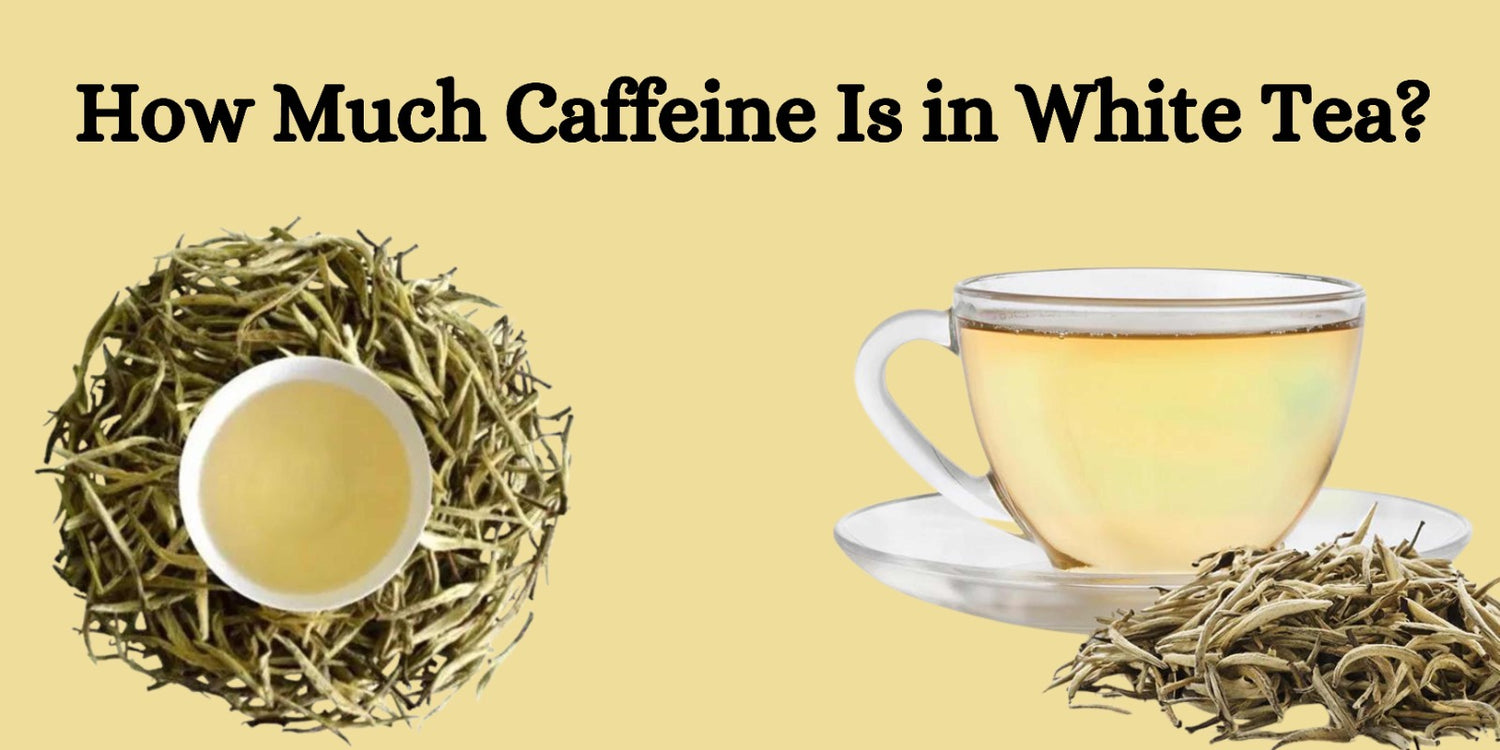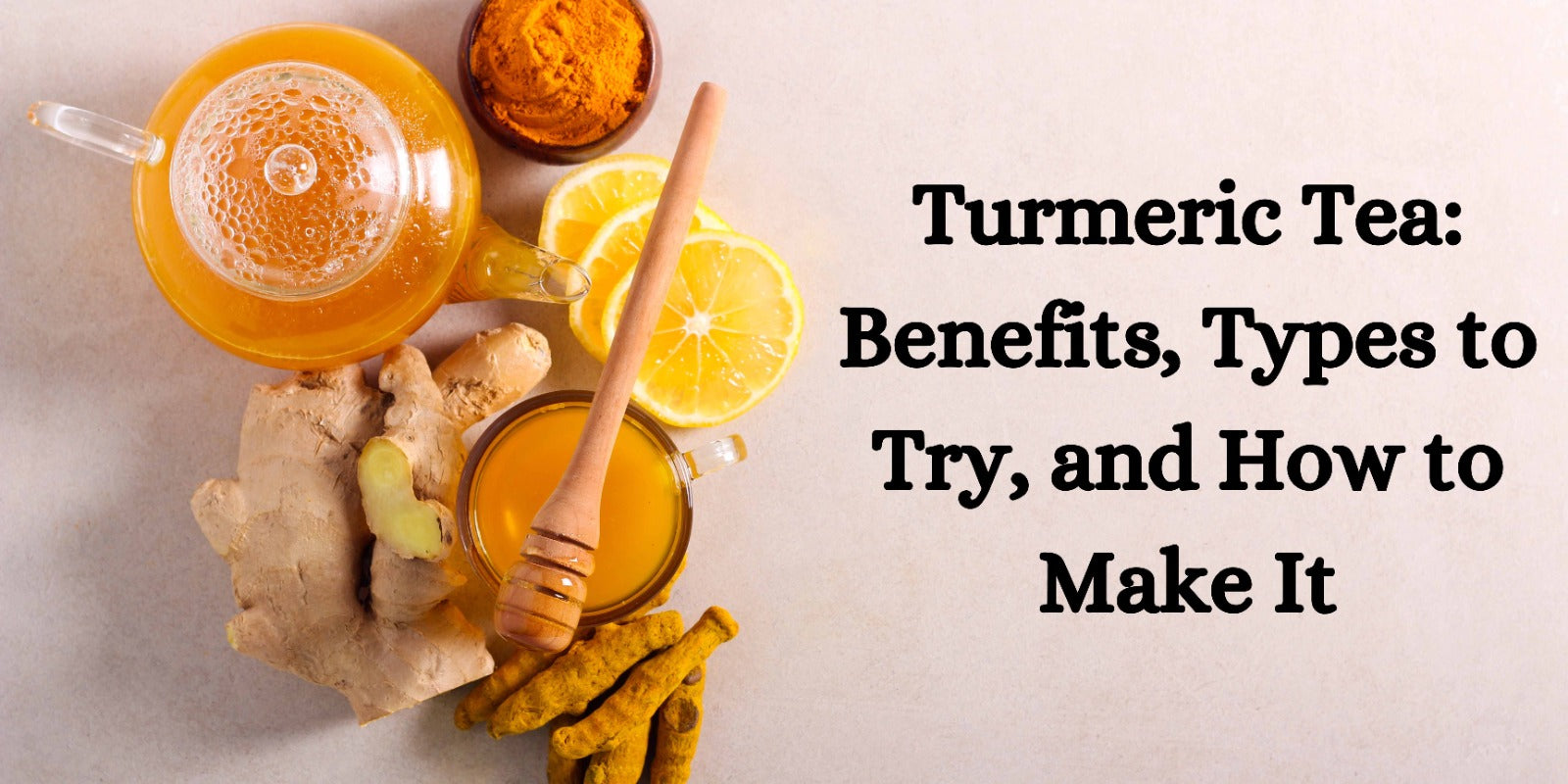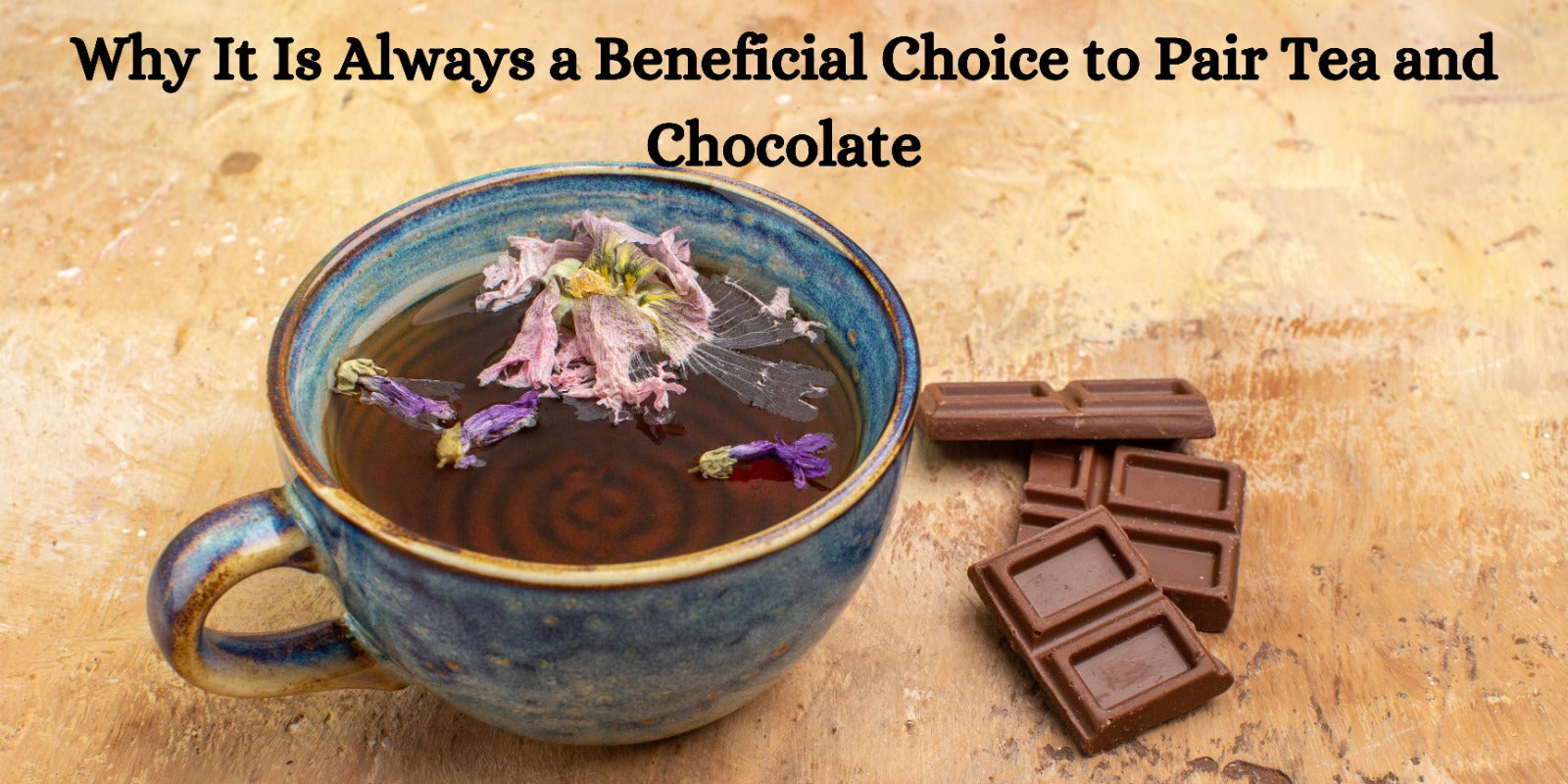White tea is known for its delicate flavor and subtle aroma, making it a favorite among tea drinkers who prefer a lighter brew. But if you’re concerned about your caffeine intake, you might be wondering just how much caffeine white tea contains. Compared to other types of tea, white tea is often thought to have lower caffeine levels, but the actual amount can vary depending on several factors. In this blog, we’ll explore the caffeine content in white tea and what influences it.
What is White Tea?
White tea comes from the same plant as green, black, and oolong teas—Camellia sinensis. What makes white tea different is how it’s processed. The leaves and buds used for white tea are harvested early, before they fully open. They are then dried with minimal processing, which preserves their natural flavors and antioxidants. White tea's delicate processing gives it a light and mild taste, different from the more robust flavors of black or green tea.
How Much Caffeine is in White Tea?
While white tea generally contains less caffeine than black or green tea, the exact amount can vary. On average, a cup of white tea (about 8 ounces) contains 15 to 30 milligrams of caffeine. In comparison:
- Black tea usually has 40-70 mg of caffeine per cup.
- Green tea offers a moderate amount of caffeine, with each cup containing roughly 30-50 mg.
Compared to green tea, white tea typically contains about half the caffeine, and significantly less than black tea. However, it's important to remember that the caffeine content can vary depending on the type of white tea, brewing method, and amount of tea leaves used.
Factors Affecting Caffeine Content in White Tea
Several factors influence how much caffeine ends up in your cup of white tea:
- Tea Leaf Type: The younger the tea leaves, the more caffeine they generally contain. Since white tea is made from the young buds and leaves, it can sometimes have more caffeine than you might expect. However, the light processing reduces some of this caffeine content.
- Brewing Time: The longer you steep your tea, the more caffeine it will release into the water. To create a less caffeinated white tea, steep it for a shorter time, around 2 to 3 minutes.
- Water Temperature: White tea is typically brewed at lower temperatures (around 160°F to 185°F), which can help keep the caffeine content lower. Brewing with boiling water (used for black tea) tends to extract more caffeine.
- Amount of Tea Leaves: The more tea leaves you use, the more caffeine you’ll have in your cup. If you’re trying to minimize caffeine, use a smaller amount of white tea leaves when brewing.
Is White Tea Right for You?
If you’re sensitive to caffeine or trying to reduce your intake, white tea can be a great choice. With its lower caffeine content, you can still enjoy the benefits of tea without the jittery effects that come with stronger varieties like black or green tea. White tea also offers a wealth of antioxidants, making it a healthful drink that supports overall wellness.
However, keep in mind that white tea still contains caffeine, so if you’re looking for a completely caffeine-free option, you might want to consider herbal teas, which are naturally caffeine-free.
Conclusion
White tea is a delicious and refreshing option for those who want to enjoy a mild-flavored tea with lower caffeine levels. While white tea does contain caffeine, it's generally less than green or black tea. You can customize the caffeine level by adjusting your brewing technique. So, if you’re looking for a tea that’s light on caffeine but full of flavor, white tea might just be the perfect choice for you!




